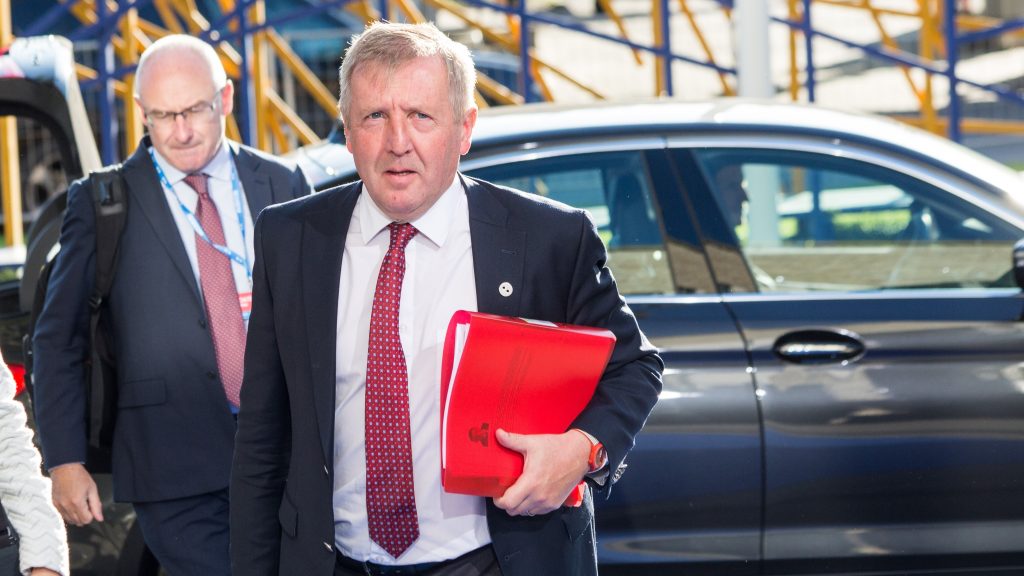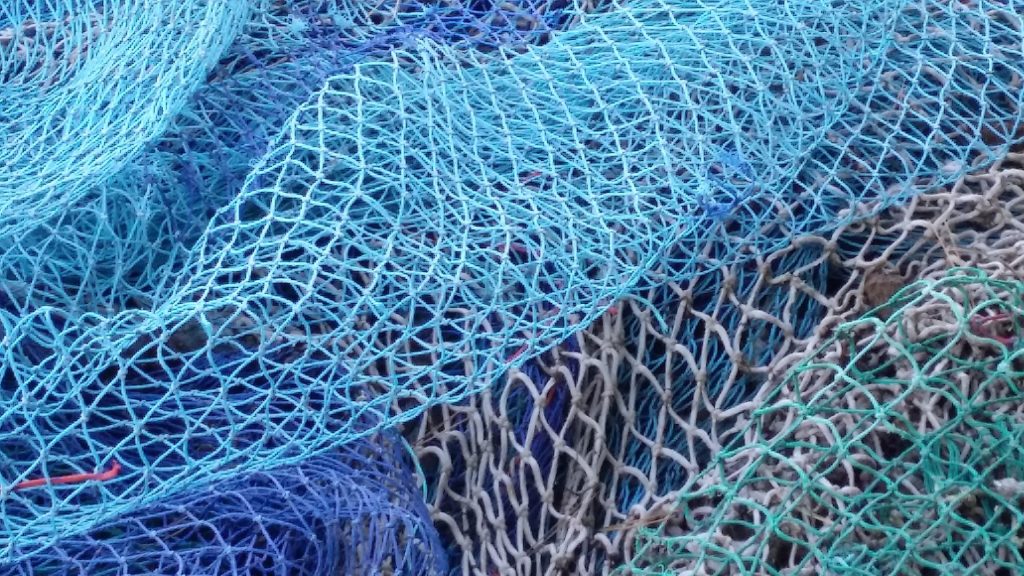Minister Creed must push for sustainable fishing quotas in Europe, says conservation groups

December 11th, 2017
Leading conservation groups have called on Ireland to play its part at today’s EU Fisheries negotiations and push for more sustainable fishing quotas to help end overfishing by 2020.
The behind doors meeting of fisheries ministers taking place in Brussels this week will determine next year’s quotas for commercially fished species in the North-East Atlantic.
This year’s negotiations have added significance given the looming 2020 deadline under the Common Fisheries Policy to end overfishing.
The European Commission’s proposal is to cut Haddock by 34 per cent, Whiting by 59 per cent, Monkfish by 12 per cent, Hake by 19 per cent and Herring by 62 percent.
Under the reformed CFP EU member states must ensure that quotas are set at Maximum Sustainable Yield and brought in line with independent scientific advice by 2020. This is also set out in the Irish Programme for Government.
However, Ireland has a poor track record at quota negotiations, ranking joint first with Belgium and the Netherlands for 2017 Atlantic TACs in a report by the New Economics Foundation.
The report from the London-based organisation promoting economic well-being indicated that Ireland’s overall 2017 quota was 10 per cent (19,423 tonnes) above scientific advice.

Michael Creed, Minister, Department of Agriculture, Food and Marine, Ireland
Photo: Aron Urb
Worst Offender’s List
According to BirdWatch Ireland’s fisheries policy expert, Fintan Kelly, Ireland has been one of the worst offenders in recent years. He said that the Marine Minister, Michael Creed TD has a “moral and legal obligation” to listen to scientific advice when agreeing on fishing quotas for 2018.
Speaking in advance of today’s talks, Michael Creed expressed his concerns at the quota cuts to a number of key fisheries. The Minister said that while some cuts were necessary to protect the long-term sustainability of stocks, some of the “worrying” cuts were based on an “overly narrow interpretation” of the available scientific advice.
He added that the cuts may have negative “socio-economic impacts” on coastal communities and called on the Commission to adjust its proposals for a “rational application of the scientific advice”.
Mr Kelly, however, said that claims of short-term economic impacts on fishermen and seafood processors are “poorly supported” and ignore the longer-term “economic opportunity” of restoring fish stocks.
According to the World Bank, globally fisheries suffered economic losses of $83 billion in 2012 compared with what could have been generated by managing fisheries in line with scientific advice.
“It is clear that sustainable fisheries are not just a moral or legal obligation but are the greatest opportunity available for us as an island nation to grow our blue economy,” Mr Kelly said. “The sooner we recover fish stocks then the sooner we can reap the benefits of sustainable fisheries.”

fishing nets Photo: DODODT
Bottom Trawling
Irish Wildlife Trust Campaigns Officer Pádraic Fogarty said that Minister Creed should also push for an end to the “monstrously destructive” practice of bottom trawling. Together with Scotland, Ireland is the main fishing area for deep-water bottom trawl fisheries in the northeast Atlantic.
The industrial fishing method involves dragging a large net with weights across the deep seabed. Mr Fogarty said that it will be “impossible” to achieve the aims of ending overfishing and protecting marine wildlife so long the technique is still legal.
A 2016 study from the University of Glasgow found that the commercial benefits from bottom trawling between 600m and 800m are “outweighed” by the potential negative ecological consequences. In 2016, the EU agreed to ban the practice in EU waters below 800 meters.
Last month, the IWT also called for the Minister to ban pair-trawling for sprat and herring in Irish coastal waters. The practice involves two boats dragging a single mesh net, effectively collecting up marine life from the water column. Vessels involved mainly fish during late autumn and winter.
Marine conservation groups argue that the practice is environmentally unfriendly and uneconomic and is a poor management of a key natural resource.
[x_author title=”About the Author”]







